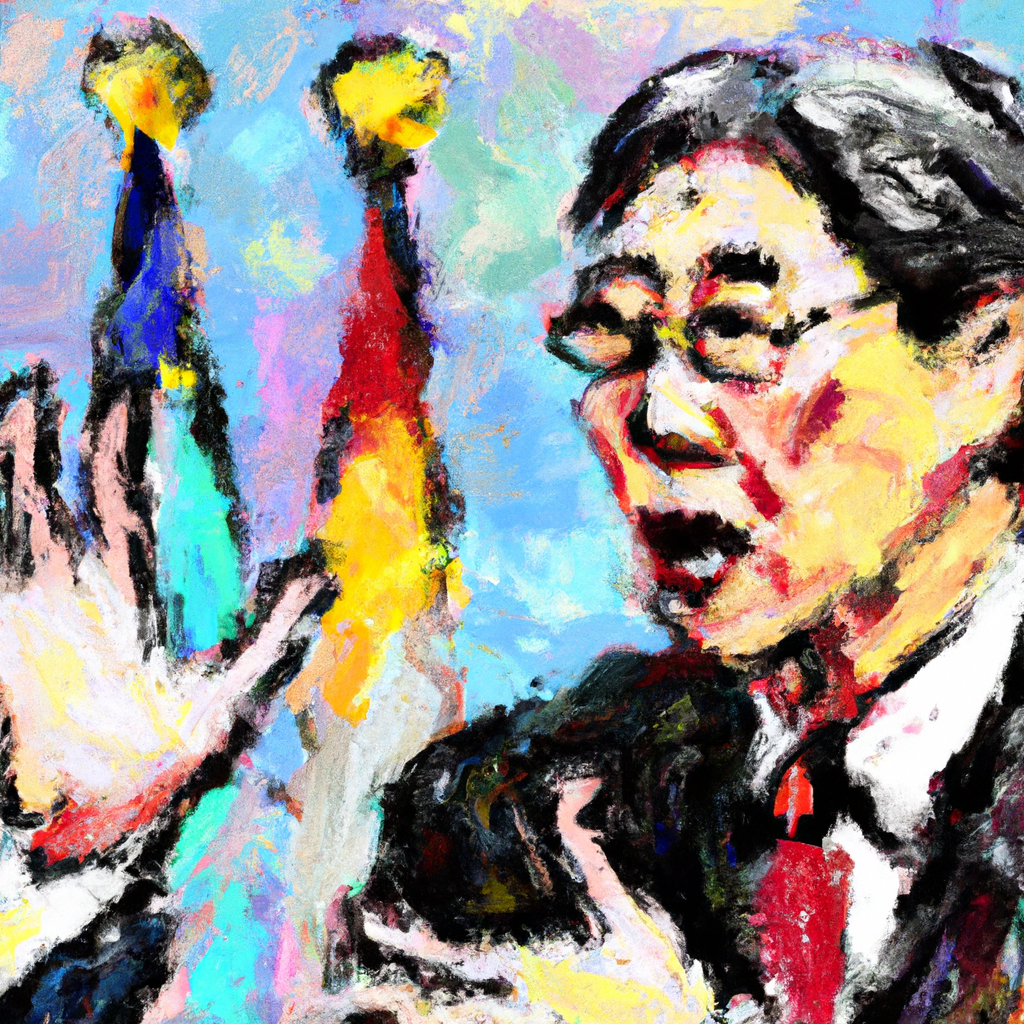Stirring up Diplomatic Tug-of-Wars
The international sphere has been engulfed in a heated discussion recently, following unconventional remarks from China’s top-ranking diplomat. The diplomat was seen taking a somewhat sarcastic stand by telling the people of Japan and South Korea that they can dye their hair blonde and make their noses sharper but they will ‘never become Westerners.’ The message was intimated as an urge for them to work in collaboration with Beijing instead.
Unraveling the Diplomat’s Remarks
The content of the diplomat’s comments might initially appear unusual, yet they are not completely devoid of context. The diplomat’s comment can be perceived as a metaphor for the perceived cultural shift towards the West among Asian societies. More importantly, it underscores China’s diplomatic efforts to strengthen its relationships within the Asia Pacific region. This call to unity is critical in 2023, a time when global alliances appear more fragile than ever.
East vs West: An Unending Rivalry?
China’s top diplomat has evidently tried to strike a nerve with these two prominent Asian nations, perhaps attempting to pull the strings of their patriotic sentiments. The underlying tone of his remarks is clear – a challenge to the creeping influence of Western culture and politics. With these statements, China is trying to advocate a unified Asian front that suits its global priorities.
Focusing on Regional Cooperation
The diplomat’s comments, provocative as they may be, do reinforce the necessity for stronger regional co-operation. His words could be seen as a rallying call to collaborate more closely within the region, leaving aside ideological differences. The potential of trans-Asian collaborative projects in the arenas of technology, infrastructure, and environmental conservation are plentiful.
Global Interpretations and Reactions
The international community has had varied reactions. Some see it as a gibe against Westernization, while others view it as a diplomatic strategy to consolidate power within Asia. The public opinion within Japan and South Korea itself has been mixed, with some locals appreciating the call for cultural preservation and others condemning it as an example of diplomatic arrogance.
To conclude, his comments have definitely stirred up conversations about balancing globalization with cultural preservation and the need for a more regionally inclusive growth strategy. It remains to be seen how Japan and South Korea will respond in the days to come.
Tags: Global Diplomacy, East vs West, China Foreign Relations

Leave a Reply